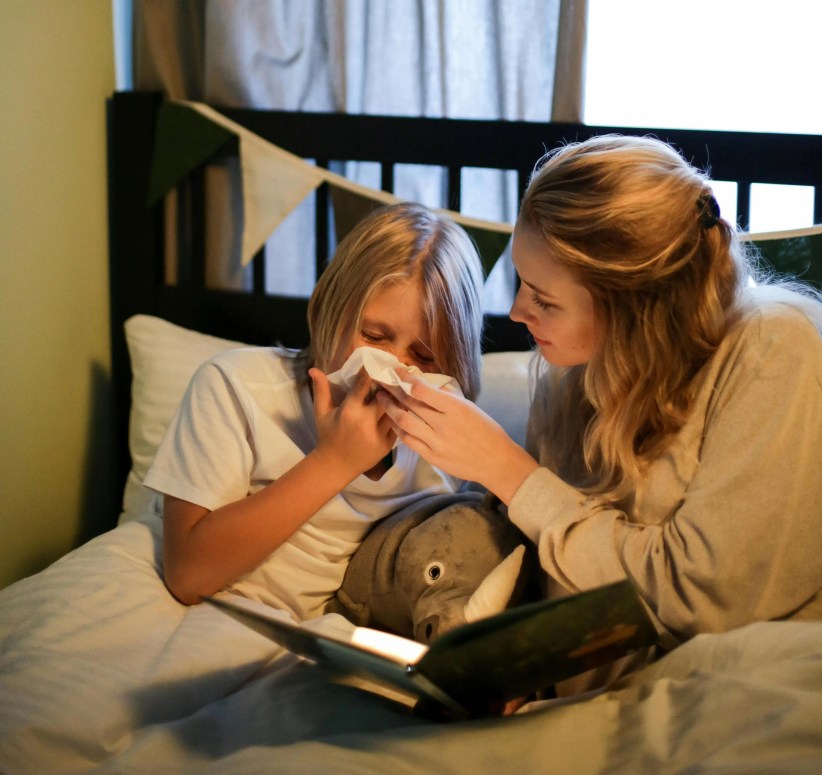My family and I just returned from a ski trip to Colorado. Although the weather seemed nice, the ski patrol warned us about frostbite. Does frostbite occur that easily?
Frostbite, one of the hazards of winter recreation, occurs when the skin or extremities are exposed to extremely cold temperatures. Children are particularly susceptible to frostbite. It can happen quickly and people sometimes mistake early indications of frostbite for the discomfort associated with exposure to the cold. Frostbite, however, can cause permanent damage and, in severe cases, amputation of the affected area is the only treatment.
Frostbite begins with extreme redness, followed by a loss of feeling and color in the affected area. Frostbite usually shows up on the extremities — the nose, ears, cheeks, chin, fingers or toes. It’s important, though, that people get out of the cold or protect any exposed skin at the first signs of redness or pain. Those with reduced blood circulation are at increased risk for developing frostbite.
People who have been out in the cold and suspect symptoms of frostbite should seek medical care immediately. Hypothermia, a potentially life-threatening drop in body temperature, often goes hand-in-hand with frostbite. Trained medical personnel will be able to watch for hypothermia as well as treat frostbite.
If medical attention is not readily available, a person who suspects frostbite should take shelter in a warm room as soon as possible and immerse the frostbitten area in warm — not hot — water. The temperature should be comfortable to the touch for unaffected parts of the body. If possible, have someone else test the water temperature. If warm water is not available, the affected body part can also be warmed by using unexposed skin — such as placing affected fingers under your armpits to warm them.
A common misconception associated with frostbite treatment is to massage or rub snow over the exposed skin. This will only cause additional damage. Heating pads, heat lamps or the heat of stoves, fireplaces or radiators for warming should also be avoided. The affected skin is most likely numb, and can be easily burned.
Dressing appropriately for outdoor activity is the best way to avoid frostbite altogether. Make sure children wear a scarf or knit mask to cover the face and mouth, and goggles if they’re skiing or snowboarding. Coats should have sleeves that are snug at the wrist, and mittens are preferable to gloves, because they use the heat of fingers more effectively.
In addition, staying dry is important because dampness or excess perspiration increases heat loss. So for activities where a child is exposed to snow, a waterproof parka or jacket is important.
Layering several light fabrics such as wool, silk or polypropylene retains more body heat than one heavy layer of cotton.
Finally, do not ignore shivering. It’s an important first sign that the body is losing heat. Persistent shivering is the body’s way of saying it’s time to take a break from wintry weather and head back indoors.























